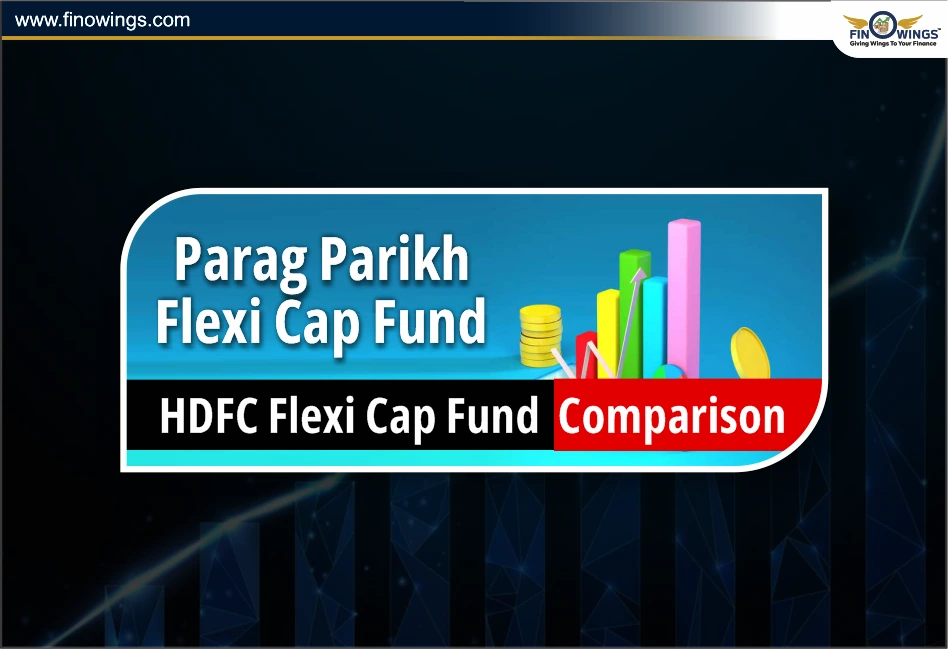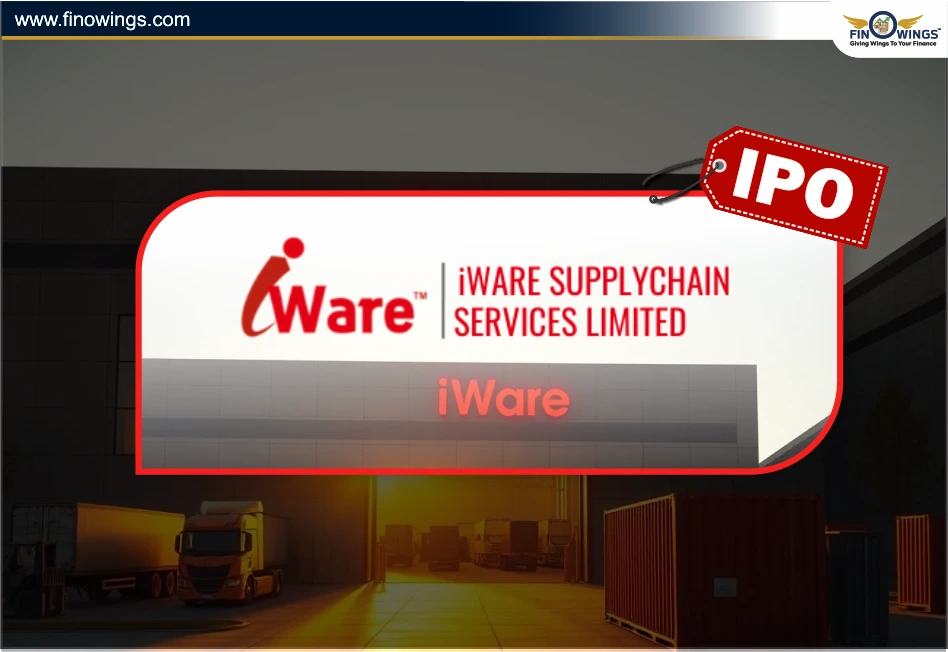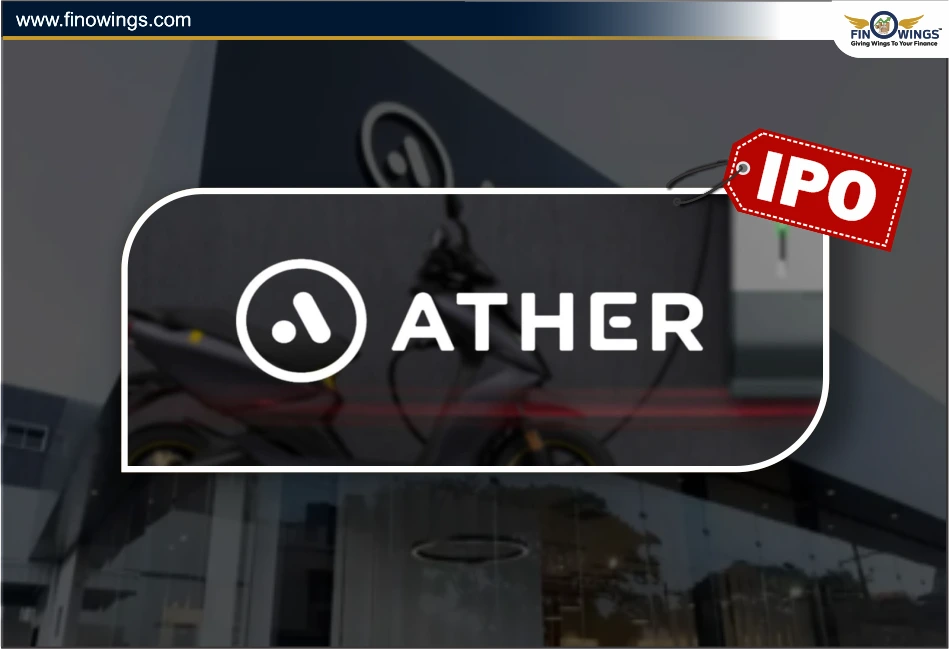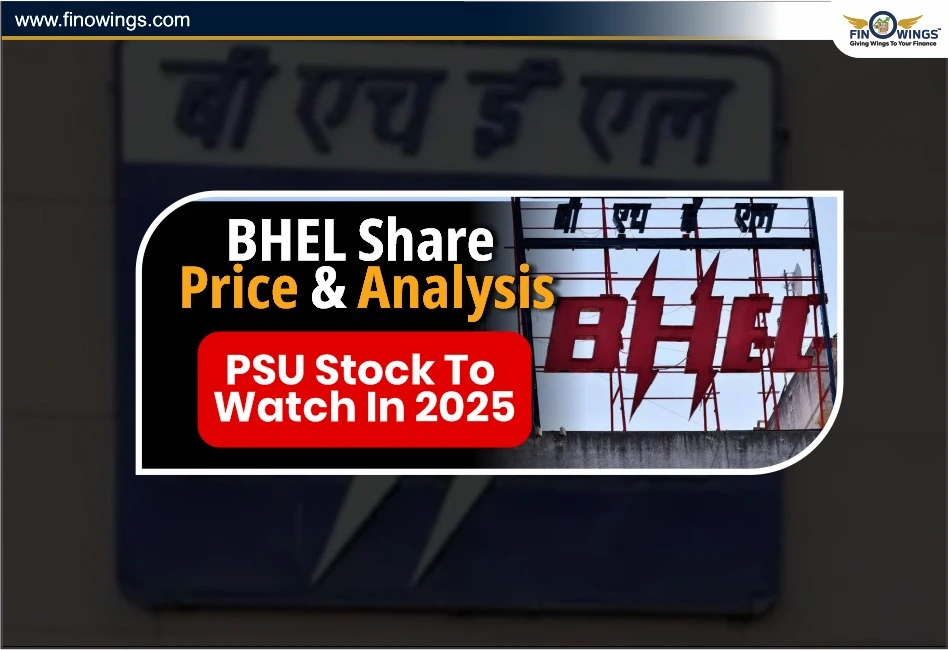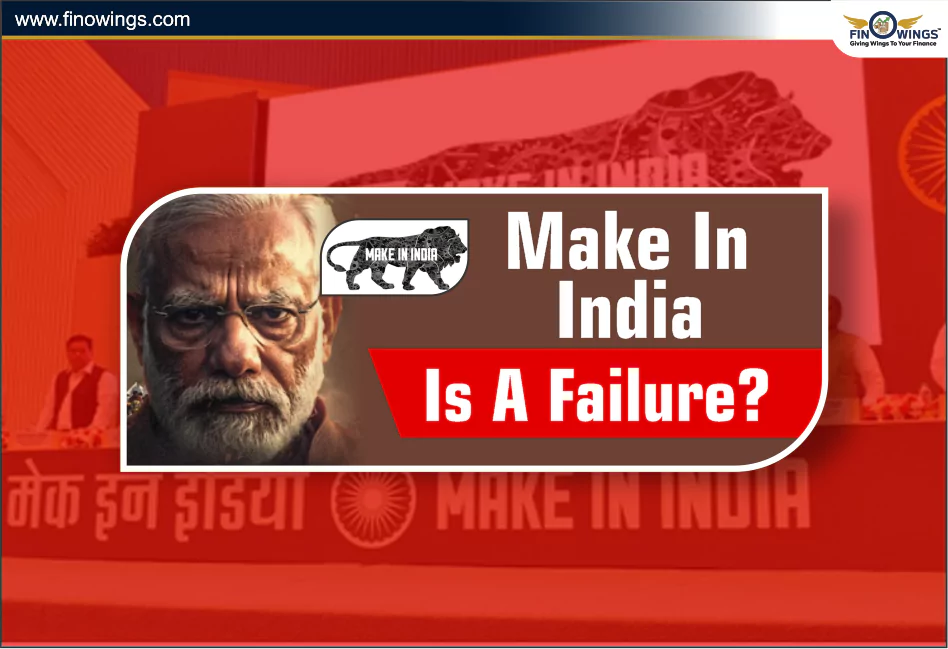Home >> Blog >> Advantage of Dematerialisation Account : Process, Types & Participants
Advantage of Dematerialisation Account : Process, Types & Participants
.jpeg)
Table of Contents
What is a Dematerialisation Account?
Bank savings accounts are common knowledge. It provides security against theft and improper management while facilitating simple accessibility to our assets. The same thing a Demat account does for clients. The Demat account is currently a requirement for Keeping stocks.
An account intended to store shares and other securities in virtual versions is known as a Demat account. A dematerialized account is the complete name of the Demat account. A Demat account in India must be opened to hold shares that have been purchased or dematerialized (transformed from physical to virtual), which makes share trading simple for clients while online trading.
1. What is a Demat account?
A Demat account allows for storing shares and other securities electronically, commonly referred to as a dematerialized account. When trading online, customers can easily transact because shares are bought and maintained in a Demat Account. All of a person's investments in exchange-traded funds, shares, bonds, mutual funds, and government securities are kept together in Demat account information.
Demat made the Indian stock exchange feasible to go virtual and enhanced SEBI administration. Additionally, the Demat account reduced the likelihood of theft, damage, and fraud by holding equities in virtual mode. It was originally made accessible by NSE in 1996. Initially, opening an account requires investors to go through a manual process, and it takes a few days for the account to become active. A Demat account opened online in about 4-5 minutes. Demat's popularity increased due to the end-to-end electronic process after it grew significantly during the pandemic.
2. What is Dematerialisation?
The method of dematerializing involves transferring physical share certifications into digital format, which is simpler to manage and available from anywhere around the globe. To participate in online trading, a client must open a Demat account with a Depository Participant (DP). Dematerialization aims to make keeping physical share certifications unnecessary for investors and to enable easy tracking and analysis of holdings.
Demat has sped up the entire procedure and stored security certifications in the electronic medium, which has assisted alter the formerly time-consuming and laborious procedure of issuing share certificates. You can change paper certificates into electronic ones once your Demat account is operational by providing all of your physical securities and a Dematerialisation Request Form (DRF). Also, don't forget to write "Surrendered for Dematerialisation" on every physical certification as a kind of tampering. When you return your share certifications, an appreciation slip will be given to you.
3. The advantages of a Demat account
-
Removes the danger posed by share certificates printed on paper. Shares were once issued as paper certifications before the Demat account was invented. A dozen paper documents had to be kept in a safe location if you owned stock in a company. These were subject to fraud, robbery, loss, and tampering. Furthermore, the transfer of shares required a lot of time-consuming documentation prone to mistakes and delays. You can digitally store these shares in a protected digital repository with a Demat account.
-
Share storage and transfer that is simple. You can trade in quantities and keep track of the specifics of all the shares you own in a Demat, thanks to this ability to store any number of shares. Additionally, it makes quick share transfers possible when trading online.
-
Bonus stock splits are updated instantly. Your Demat account will be instantly updated if a corporate effort results in a modification to the stocks it holds, including a bonus issue, stock split, etc.
-
Stores various investments. The Demat account can store additional assets in addition to shares, such as bonds, mutual funds, exchange-traded funds, government securities, etcetera.
-
Easy online access. You can manage your Demat account anytime and from any location with your smartphone or computer.
-
Nomination. Additionally, a Demat account offers the nomination facility in accordance with the Depository's defined procedure. The designated nominee will get the shareholding in the Demat account in the event of the investor's death.
4. Demat Participants
Knowing who is involved in the Demat procedure is crucial as we move forward. Four agents or participants are primarily needed for demat or Dematerialisation:
1. Investors - A beneficial owner of a Demat account, wherein shares and securities are housed, might be a person, a partnership firm, or a corporation. A repository that holds securities in dematerialized form has the investor's name.
2. Depository - This business is a repository for investors' digital shares and securities. It serves as a conduit between publicly traded firms and the investors who purchase the company's shares. In India, there are two depositories:
-
NSDL (National Security Depository Ltd)
-
CDSL (Central Depository of Securities India Ltd)
3. Depository Participants - The Depository Participants, often known as DP, are the Depositories' authorized representatives. They have been authorized by SEBI and serve as a bridge between the investor and the Depository. They are also referred to as the Depository's stockbrokers. With the aid of a DP, the investor must set up an account at a depository.
4. The Issuing Company. This is a business or legal body that is registered with the Depository. The issuing business issues, files, and sells securities to the general public to finance its activities. Bonds, shares, commercial paper, and other instruments are mostly issued by the corporation.
5. Process of Dematerialisation (Demat)
Investors need to comprehend the Dematerialisation procedure in depth.
-
The investor gives the DP all his physical certifications so they can be dematerialized.
-
The DP informs the Depository of the share exchange demand in digital form.
-
The DP delivers the certifications to the Issuer Company's Registrar.
-
Following consultation with the Depository, the Registrar approves the application for Dematerialisation.
-
After verification, the Issuer Company's Registrar dematerializes the securities and certifications.
-
The Registrar modifies the account and notifies the Depository that the Dematerialisation procedure is complete.
-
The Depository modifies the Investor's Account and promptly notifies the DP of the Act.
-
The DP updates the investor's Demat account.
6. Types of Demat Accounts
Demat Accounts come in three different types:
-
Regular Account. Indian investors (who live in India) typically use a Regular Demat account. Eventually, SEBI unveiled a comparable Demat account called the Basic Services Demat Account (BSDA). The maintenance fee is the only distinction between a Regular Demat account and a BSDA. If the sum is between 0 and 50,000, the BSDA maintenance fee is nil; if it is between 50,000 and 2,000, it is paid at a minimum of INR 100. Each broker is required to adhere to the same maintenance costs for BSDA.
-
Repatriable Account. This account is used by non-resident Indians and is frequently used to send money abroad. It is necessary to connect the NRE bank account and the Repatriable account. The cash transfer is feasible if laws permit it and governments are not blocking the transfer procedure. Moreover, repatriation depends on the regulations of the host country and foreign countries regulations.
-
Non-Repatriable Account. This is a form of Repatriable Account that Non-Resident Indians also use. Therefore, this account cannot send money abroad, and for it to operate properly, it must be linked to an NRO bank account.
Conclusion
A Demat account is required to store securities (such as shares, bonds, mutual funds, etc.) electronically. In India, equity delivery trading requires a Demat account. In addition, a Demat account is required when applying for an IPO (initial public offering) because the issued shares are credited to the Demat account. So here are all the Demat accounts benefits.
Frequently Asked Questions
Investors can hold shares in a digital form with the help of a Demat account. The dematerialized account is the full name of a Demat account.
Similar to a bank account for equities, a Demat account functions similarly. You don't keep cash on hand in a bank account. Your bank statement simply lists your balance as an entry. Similarly, you hold shares in a Demat account in a dematerialized or digital format for easier accessibility. These shares are deducted or credited from the Demat account whenever you trade.
No, linking a trading account to a Demat account is not required. You may hold one or more Demat accounts that are not connected to a trading account.To trade in the cash market, you must connect a Demat account to your trading account. For instance, you must make an order and withdraw money from your trading account to purchase shares. The shares will appear in your Demat account once the order has been executed. For a seamless trading experience, several brokers combine their Demat and trading accounts.
Yes, having numerous Demat accounts is very acceptable. Only one restriction applies: you are not permitted to have more than one Demat account with the same broker or depository participant. Learn all you can about the benefits, features, and applications of Demat accounts.

